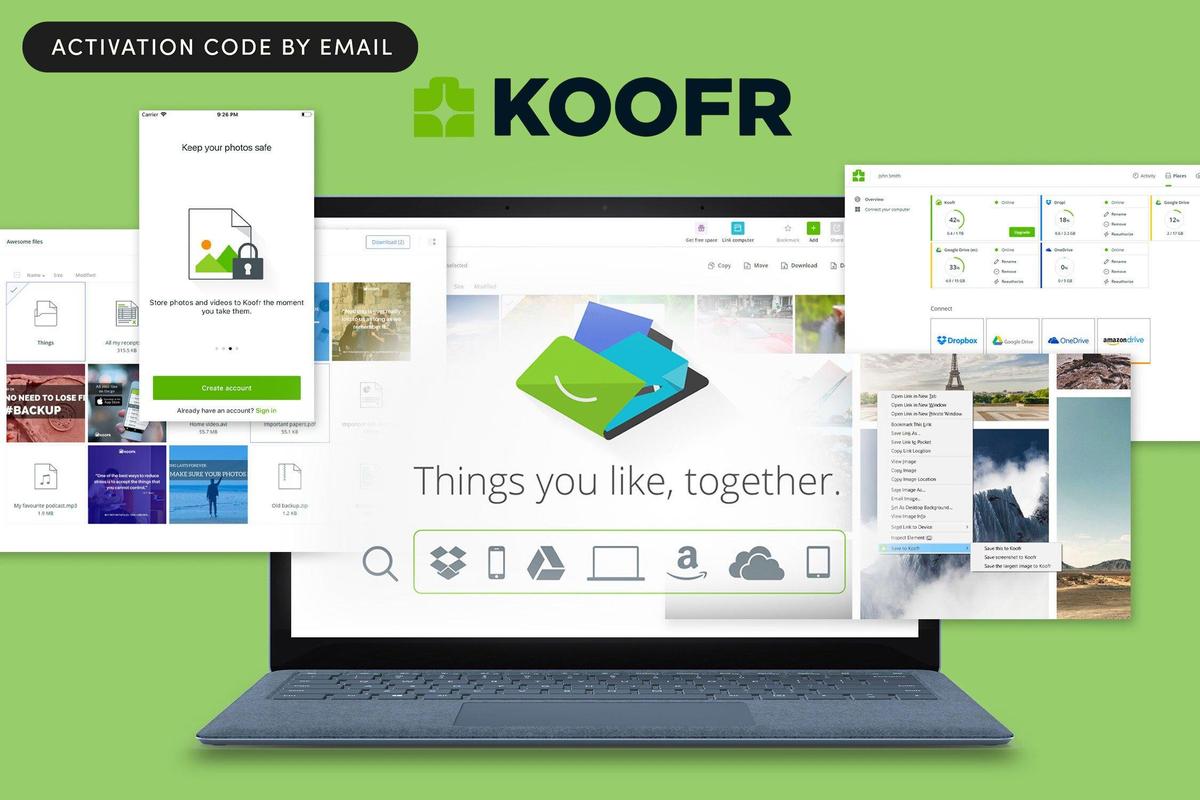Zuckerberg Takes the Stand: Meta’s Antitrust Trial and the Fight for the Future of Social Media
Zuckerberg Takes the Stand: Meta’s Antitrust Trial and the Fight for the Future of Social Media
The air in the Washington, DC courtroom crackled with anticipation. Flanked by two bodyguards, a seemingly solemn Mark Zuckerberg, CEO of Meta, strode to the witness stand. This wasn’t just another day at the office; this was a pivotal moment in the ongoing battle over the future of social media, a trial that could potentially break up the tech giant he built.
The Federal Trade Commission (FTC) had called Zuckerberg to testify in their five-year-long antitrust lawsuit against Meta. The core allegation? That Meta engaged in a series of anti-competitive acquisitions, specifically the billion-dollar purchase of Instagram in 2012 and the subsequent acquisition of WhatsApp for roughly $19 billion in 2014. The FTC argues these moves stifled competition and cemented Meta’s dominance in the social media landscape.
A Walk Down Memory Lane: From Underdog to Tech Giant
The FTC’s lead attorney, Daniel Matheson, began by taking Zuckerberg on a journey through Facebook’s early days. The questioning served to highlight the dramatic shift from a scrappy underdog to a behemoth controlling a significant portion of the global social media market. Matheson’s pointed question, “In hindsight, you’re glad you didn’t sell to MySpace?” set the stage for a detailed examination of Meta’s acquisition strategy.
Zuckerberg’s affirmative response paved the way for a deeper dive into the circumstances surrounding the Instagram acquisition. The FTC contends that this acquisition, far from being a simple business deal, was a strategic move designed to eliminate a potential competitor and solidify Facebook’s position. The trial aims to dissect the motivations behind the deal, examining whether it was driven by legitimate business considerations or a desire to maintain a monopoly.
The Stakes are High: More Than Just Dollars and Cents
This isn’t merely a financial dispute; the implications extend far beyond Meta’s bottom line. The FTC’s case sets a precedent for how regulators approach the power and influence of Big Tech. A ruling in favor of the FTC could reshape the entire tech landscape, potentially leading to the breakup of other tech giants accused of anti-competitive practices. It raises fundamental questions about market competition, innovation, and the balance of power in the digital age.
Zuckerberg’s Defense: Innovation and Competition
While the FTC paints a picture of monopolistic behavior, Meta’s defense likely centers on the argument that its acquisitions fostered innovation and benefited users. Zuckerberg’s testimony will undoubtedly focus on the integration of Instagram and WhatsApp into the broader Meta ecosystem, highlighting how these acquisitions enhanced features, expanded user reach, and ultimately improved the overall user experience. The defense will need to effectively counter the FTC’s claims of anti-competitive behavior, proving that the acquisitions were driven by legitimate business strategies rather than a desire to eliminate rivals.
The Trial’s Impact on the Tech Industry
The outcome of this trial will have far-reaching consequences for the tech industry. A ruling against Meta could trigger a wave of similar antitrust lawsuits against other major tech companies, potentially leading to significant restructuring and regulatory changes. The trial’s impact will extend beyond the United States, influencing how governments worldwide regulate the power of Big Tech and address concerns about monopolies and market dominance.
The Future of Social Media: A Crossroads
The Zuckerberg trial marks a crucial turning point in the ongoing debate about the future of social media. It forces us to confront fundamental questions about the balance between innovation, competition, and regulatory oversight. The outcome will shape not only the structure of Meta, but also the future of the digital landscape for years to come. As the trial progresses, the world watches, waiting to see whether the tech giant will be broken up or if it will maintain its dominant position.
The trial continues, and the full impact of Zuckerberg’s testimony remains to be seen. However, one thing is certain: this is a landmark case that will significantly influence the future of tech and the way we interact online.
Source: The Verge



